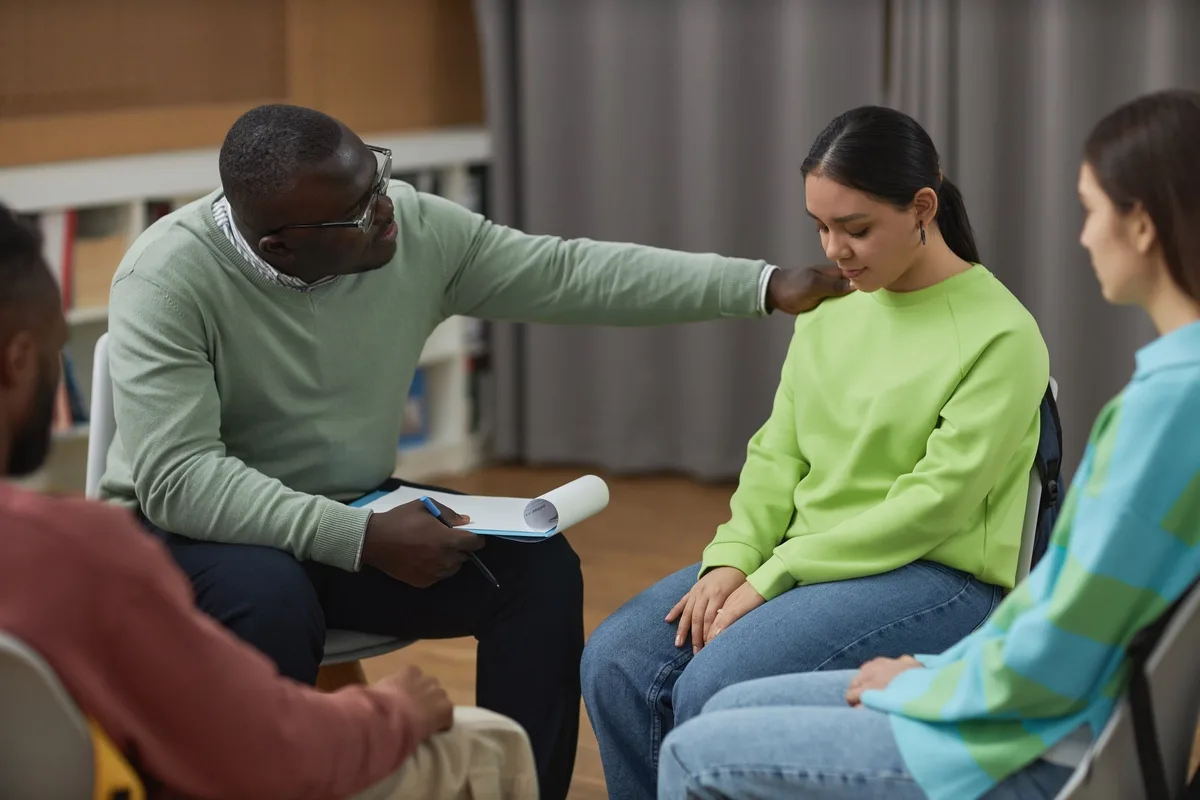24/7 Helpline:
(866) 899-221924/7 Helpline:
(866) 899-2219
Learn more about Residential Rehab centers in Aliso Viejo
Residential Rehab in Other Cities

Other Insurance Options

Private insurance

MHNNet Behavioral Health

Optima

Covered California

AllWell

Excellus

Coventry Health Care

Access to Recovery (ATR) Voucher

Evernorth

Medical Mutual of Ohio

Meritain

Oxford

Ceridian

ComPsych

Health Net

Regence

BlueCross

Premera

CareSource

Anthem

Sobertec
Sobertec - Columbia offers inpatient and outpatient services for individuals with alcohol and/or sub...

Invictus Health Group
Invictus Health Group is a private rehab located in Aliso Viejo, California. Invictus Health Group s...









